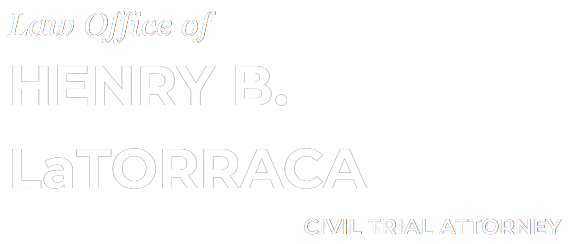As technology has made the world smaller, companies have responded by increasing their online presence through websites, social media and other platforms. That connectivity has truly created a sense of a global economy. Unfortunately, it may also have increased unfair competition or other unlawful practices from aggressive competitors.
California’s technology industry provides a case study. Specifically, four technology companies — Apple, Google, Adobe and Intel — are currently in mediation talks over a class action lawsuit involving their hiring practices. The talks come after a recently rejected settlement proposal of $324.5 million.
As a business dispute and commercial litigation attorney is well aware, companies that employ highly skilled and specialized workers may rely on non-compete agreements, as part of their business strategy. The rationale is that businesses should not be able to poach employees away from their competitors — potentially for the purpose of acquiring confidential trade secrets — by simply presenting a larger financial incentive. Such non-compete agreements can help protect a company’s legal right to compete fairly.
California’s lawmakers recognize the importance of keeping trade secrets confidential, as evidenced by the state’s unfair competition laws. Employment contracts that include a lawful non-compete provision may also be found legal under state law. However, the application of those laws to specific fact patterns can become complex — or the subject of a lawsuit, as in today’s story.
In order to resolve such disputes, the advocacy of an experienced commercial and business litigation attorney may be needed. An attorney can work to protect a client’s best interests, while also offering strategies for preserving a company’s reputation when news of a lawsuit becomes public or the subject of media attention.
Source: Today, “Apple, Google resume talks with tech workers in hiring lawsuit: filing,” Sept. 4, 2014





